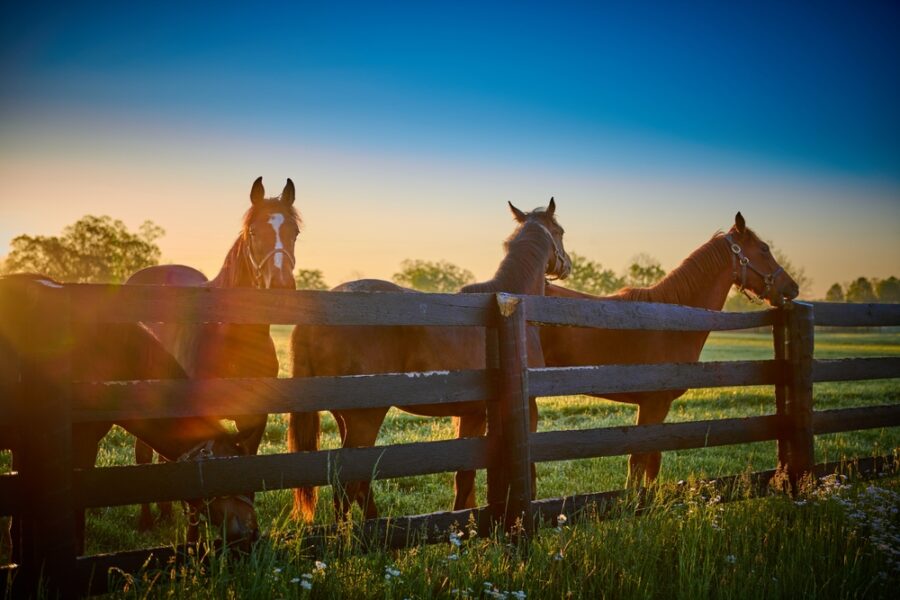Identifying the genes influencing certain behavior in equines will help in establishing a scientific basis for breeding horses with behaviors that align with the work they are supposed to perform.
In horses, genetics can play a pivotal role in determining suitability for specific tasks or sports. However, the mismatch between a horse’s temperament and its intended role can have adverse effects on both the horse and its human handlers. In a research collaboration, Colorado State University’s Professor of Animal Sciences, Temple Grandin, and University of New England’s Professor of Animal Behavior, Paul McGreevy, are embarking on a study to identify the genes influencing behavior in horses.
How the Project Started
This transformative project, led by McGreevy and supported by a Fulbright Commission grant, aims to lay the foundation for more precisely matching horses with their roles by uncovering the genetic roots of specific horse behaviors. The collaboration was initiated during McGreevy’s visit to CSU in 2022, where he connected with the renowned animal behavior expert, Temple Grandin.
The study seeks to identify genes that make horses prone to certain behaviors under specific conditions. By doing so, McGreevy and Grandin aspire to establish a scientific basis for breeding horses with temperaments that align seamlessly with the work they are tasked to perform. This could revolutionize breeding programs, enhancing their ability to predict and select desirable behaviors in horses.
Role of American Quarter Horse Association
One of the key components of this research is engaging “citizen scientists” – a diverse group of horse enthusiasts, specifically American Quarter Horse owners. With 280,000 paying members split across various disciplines, the American Quarter Horse Association (AQHA) provides a rich pool of data. Volunteer Quarter Horse owners will contribute valuable information about their horses’ behavior, supplemented by genetic data encoded in tail hair samples.
Behavior Assessment and Research Questionnaire
The study’s innovation lies in the Equine Behavior Assessment and Research Questionnaire (E-BARQ), a tool developed to collect detailed, owner-reported data on observed horse behaviors. This questionnaire eliminates subjective judgments, allowing for a more objective analysis of equine behavior. With over 5,000 horses already contributing to the E-BARQ database, important insights have emerged, such as age-related behavior changes and the impact of handlers’ gender on a horse’s demeanor.
McGreevy envisions the Quarter Horse citizen science project as a turning point in addressing “behavioral wastage.” This term refers to the challenge of discovering a horse’s unsuitability for a role only after extensive training, leading to stressed horses and potential injuries for handlers.
This collaborative effort between academia and horse enthusiasts has the potential to reshape the landscape of horse breeding, ushering in a new era where genetic selection plays a more significant role in optimizing the suitability of horses for specific tasks.








